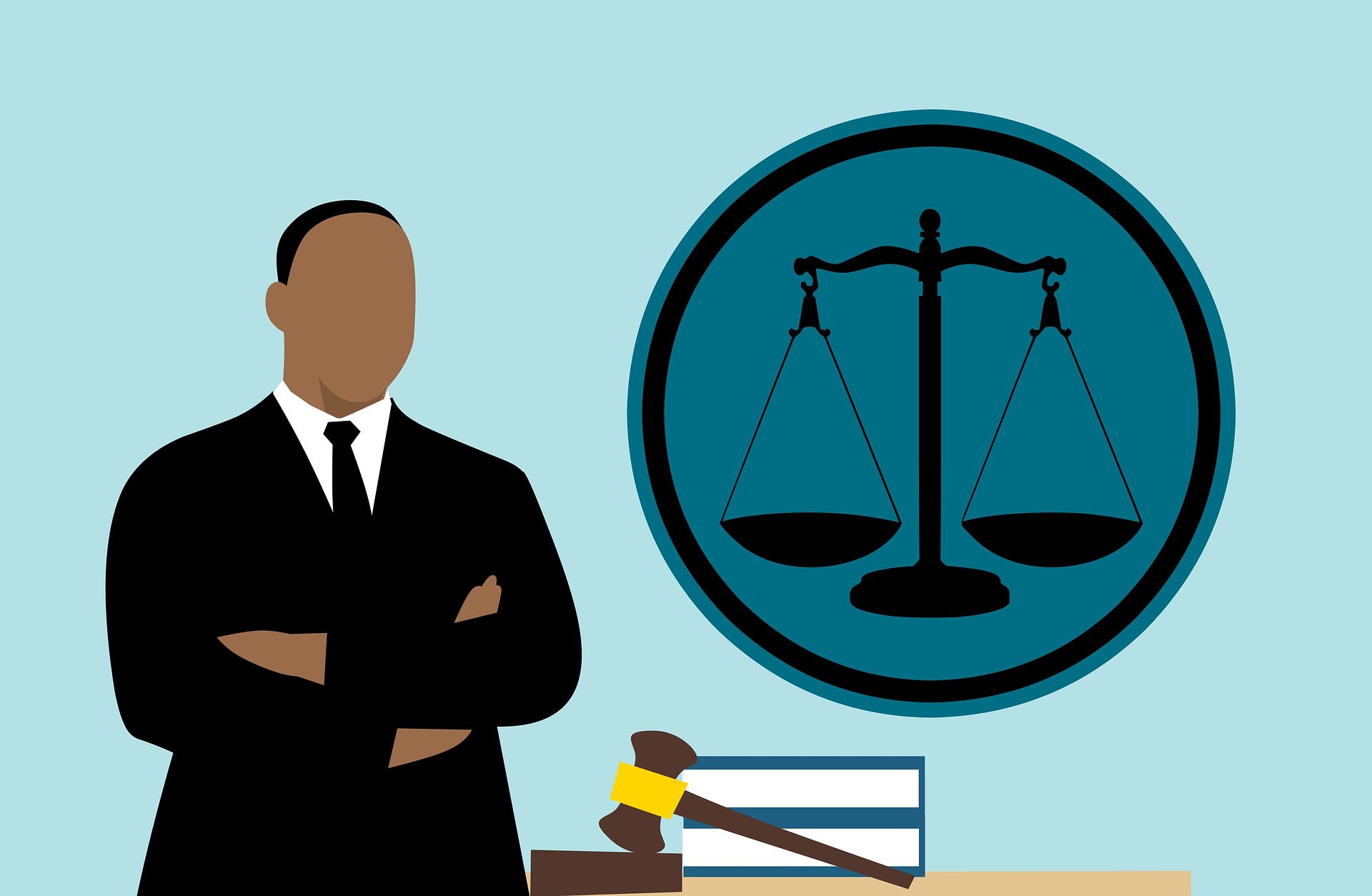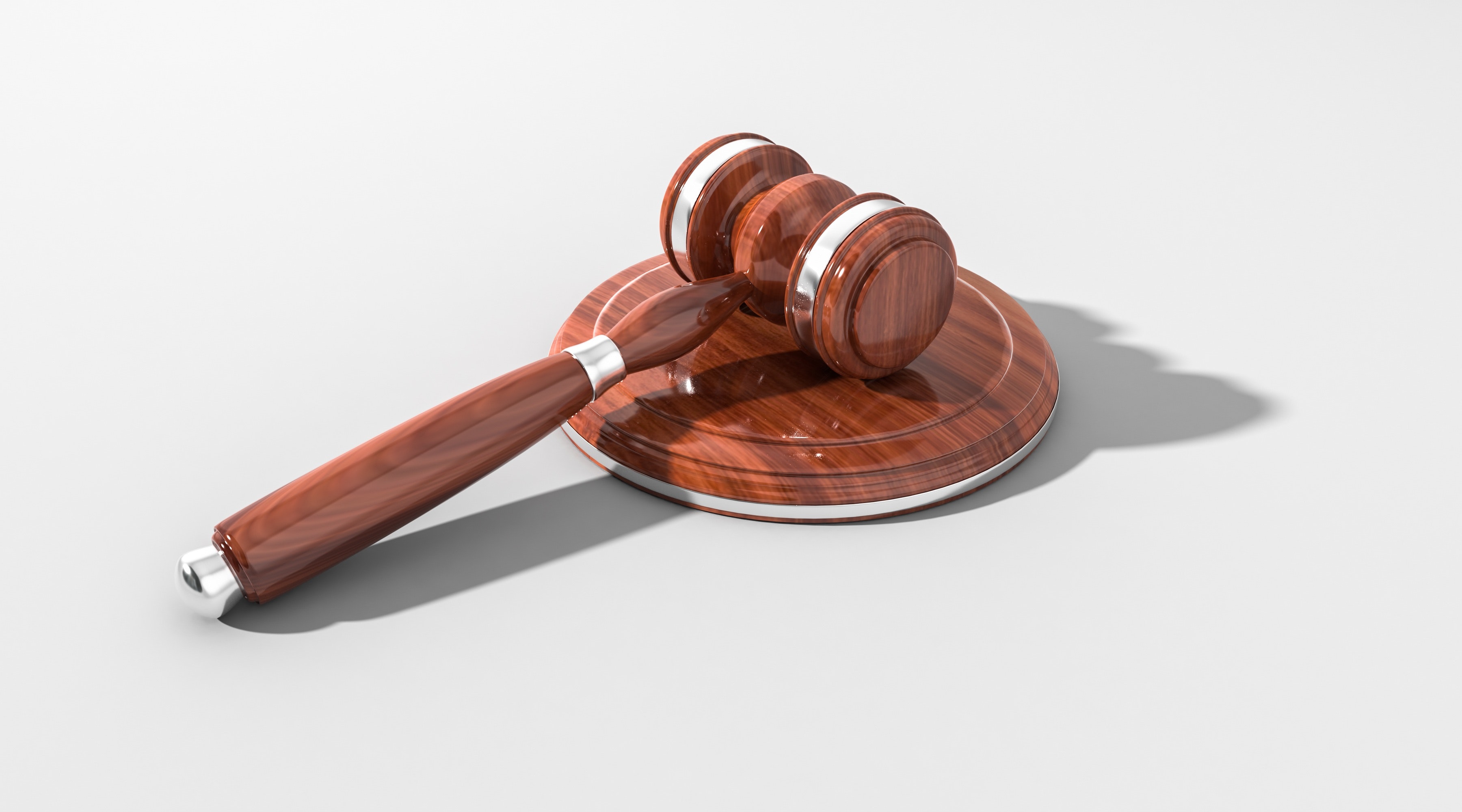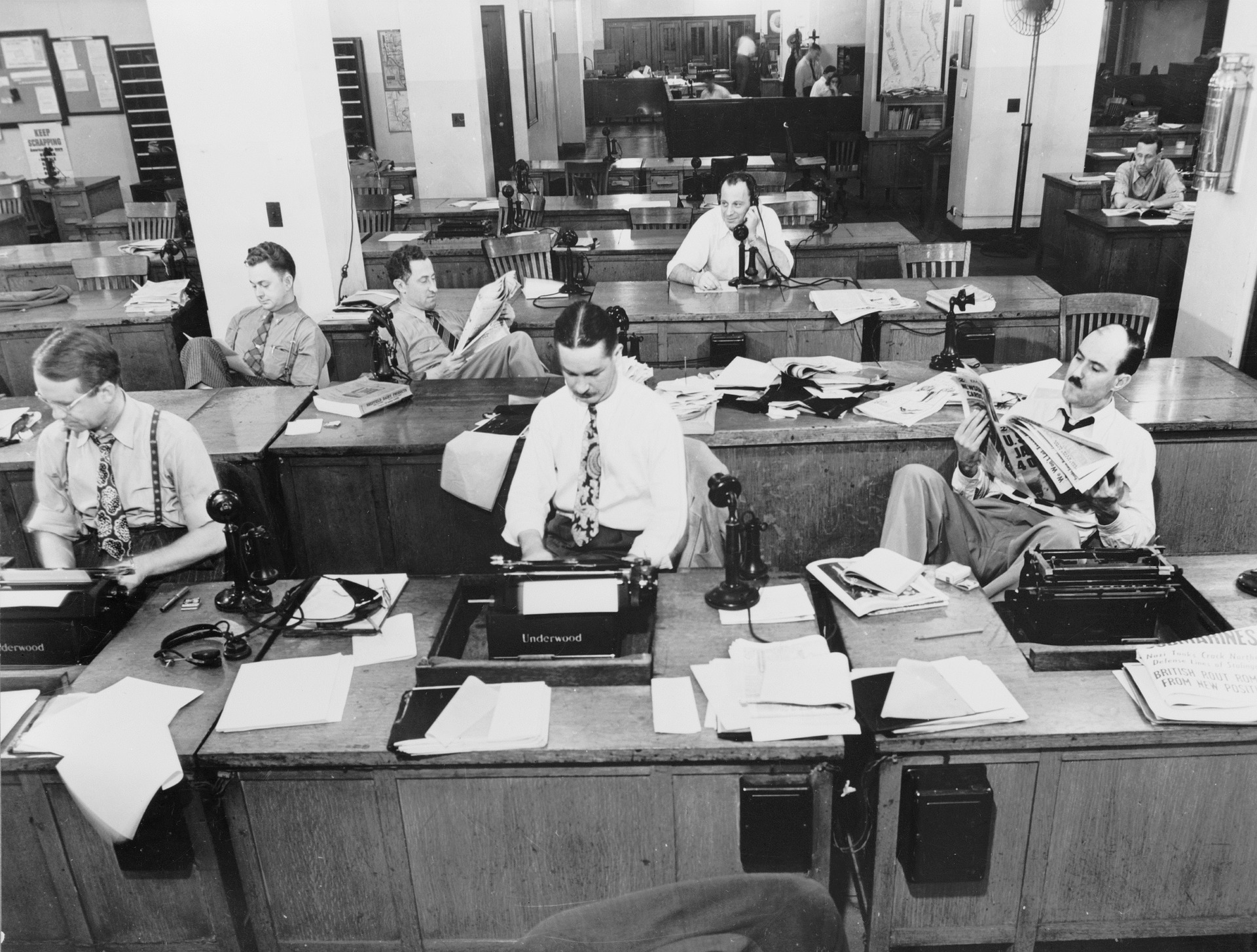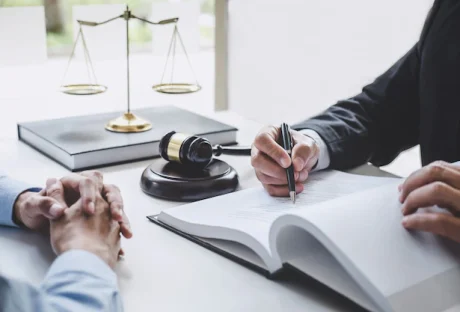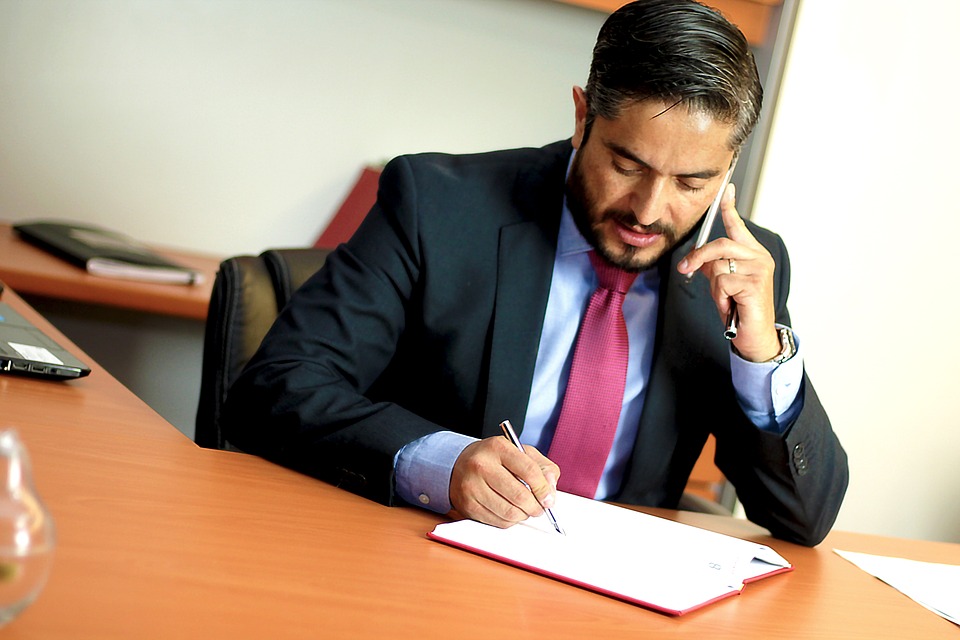Every year, more than 3 million Americans are injured in car accidents. Millions more are injured in slips, falls, and other accidents.
A large number of those victims choose to file personal injury claims.
Personal injury cases won’t resolve themselves. If you want the best shot at getting the justice and compensation you deserve for your injuries, you need to the help of an experienced attorney.
But when money is tight and you’re already facing unexpected medical bills, hiring a lawyer may feel out of reach.
If you’ve been injured and are thinking of filing a personal injury claim, keep reading. We’re breaking down what you need to know to hire a personal injury attorney on any budget.
Don’t Fall for the Gimmicks:
One of the biggest reasons that many people end up overspending on a lawyer is that they fall for the gimmicks.
Loud television commercials, eye-catching ads, and catchy taglines can make even a sub-par lawyer look like a hero. When you’ve been injured in an accident and you’re feeling alone, it can be even more tempting to fall for these gimmicks.
But choosing the right personal injury lawyer means looking past all of this.
You need to do your research and make sure that you are choosing a lawyer that is not only in your budget, but who will also have the skills and experience that it takes to win you a settlement and the compensation you deserve.
Search Out a Local Lawyer:
A simple way to save money when hiring a lawyer is to hire from a local firm.
While a lawyer in a neighboring region or a big, distant city may seem cheaper up front, you may have to pay their travel costs.
If your trial drags on and you have to meet with him or her multiple times, these fees will add up quickly. What appeared to be a less expensive lawyer may suddenly become far less affordable.
Before you resort to hiring a lawyer who you’ll have to pay travel fees for, check your area for a well-respected, experienced injury lawyer to see how their rates and track record compare.
Find One With Experience in Personal Injury Law:
Choosing the best personal injury lawyer starts with actually searching for one who specializes in personal injury law.
While any lawyer may be qualified to take on your personal injury case, that won’t necessarily mean that they have experience or the right skill set.
The last thing you want to do is hire a lawyer and spend a lot of money only to lose your case because your lawyer was unprepared.
Even if you save money by hiring a lawyer with only minimal experience in personal injury law, if you lose your case, it’ll cost you big time. Depending on the amount of compensation you’re fighting for, you could end up losing hundreds or even thousands of dollars.
Narrow your search right from the start. Only lawyers with experience taking on personal injury cases should make your list of finalists.
Check Online Reviews:
Online reviews have changed the way we shop for everything from electronics to local services. In fact, 84 percent of adult shoppers now trust online reviews as much as they do recommendations from friends.
Law firms should be no exception.
Checking out online reviews of any law firms you’re considering for hire can help you get real opinions from their previous clients.
Keep in mind that lawyers sometimes take on clients who have little hope of winning their cases. When they inevitably lose, these clients are likely to be disgruntled and may leave negative reviews that may or may not accurately represent the firm or its individual lawyers.
One or two negative reviews shouldn’t keep you from hiring a law firm that has dozens of other positive reviews. At the same time, a couple of good reviews may be a sign that one lawyer with the firm has a good reputation while others don’t.
Trust Your Instincts:
The best thing you can do when choosing a lawyer is to trust your instincts.
With a personal injury lawsuit, your health, well-being, and finances may all be on the line. Without compensation, you may not be able to get the necessary medical care. Or you may be forced to pay for care on your own, which can be devastating to your finances.
Before you trust your health and future finances to a lawyer, make sure you feel comfortable working with them.
Warning signs such as difficulty getting responses or a few rude interactions may be a sign that a lawyer isn’t right for you. No matter how experienced they are, if you’ll be on edge working with them or you feel they aren’t committed to your case, they aren’t the right choice for you.
Look for “No Compensation, No Fee Lawyers”
If your budget is so tight that even following these simple tips feels impossible, there is another solution.
Many lawyers are so confident in their abilities to fight for your case that they offer a “no compensation, no fees” agreement.
This means that if they fail to obtain a settlement for your case, you won’t owe them anything.
This type of agreement allows anyone, regardless of their financial situation, to afford an experienced personal injury lawyer. If you do win your case, you’ll be guaranteed to have the funds necessary to pay your lawyer, as their fee is often a set percentage of your settlement.
Check out this segment of The Mastrangelo Minute to learn more about how anyone can afford an attorney.
Finding the Right Personal Injury Attorney:
Following these simple tips can help ensure that you not only find a personal injury attorney that’s within your budget, but also that you choose one who will best represent your case.
If you’re still on the fence about whether you need the help of a personal injury attorney at all, check out these reasons why you owe it to yourself to hire one.
Read Also:














